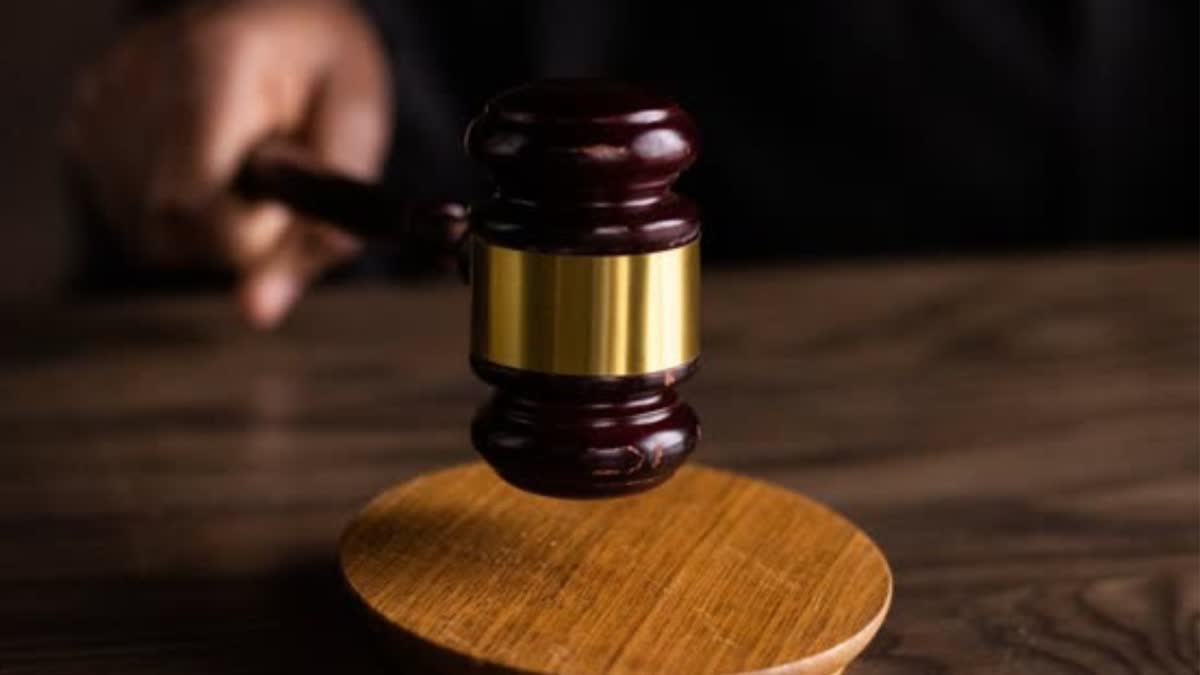New Delhi: The Supreme Court will on Thursday pronounce its verdict on petitions challenging the constitutional validity of Section 6A which was inserted in the Citizenship Act, 1955, after the signing of the Assam accord on August 15, 1985.
A constitution bench of Chief Justice DY Chandrachud, and Justices Surya Kant, M M Sundresh, J B Pardiwala and Manoj Misra, had reserved the judgment in the matter on December 12, 2023.
Section 6A says those who came to Assam on or after January 1, 1966 but before March 25, 1971 from specified territories, including Bangladesh, in accordance with the Citizenship Act amended in 1985, and since then are residents of the northeastern state, must register themselves under section 18 for acquiring Indian citizenship. As a result, the provision fixes March 25, 1971 as the cut-off date for granting citizenship to Bangladeshi migrants in Assam.
Section 6A was inserted into the 1955 Act in furtherance of a Memorandum of Settlement called the ‘Assam Accord’ signed on August 15, 1985, by the then Rajiv Gandhi Government with the leaders of the Assam Movement to preserve and protect the Assamese culture, heritage, linguistic and social identity.
The apex court had heard arguments from Attorney General R Venkataramani, Solicitor General Tushar Mehta, senior advocates Shyam Divan, Kapil Sibal, Sanjay Hedge, C U Singh and others, for four days before wrapping up the hearing.
On 7 December, during the hearing, the Supreme Court had expanded the scope of petitions challenging the constitutional validity of section 6A of the Citizenship Act relating to illegal immigrants in Assam, and sought response from the Centre on steps taken to deal with illegal immigration into India, particularly the North Eastern states, after March 25, 1971, when Bangladesh declared independence. Mehta had cited the progress on fencing the border in West Bengal, and added that non-cooperation of the West Bengal government was a major hurdle.
The apex court sought the following details from Centre: Number of persons to whom citizenship has been granted under Section 6A with reference to the time period of persons who came into Assam between January 1, 1966 to March 25, 1971; how many persons have been detected to be foreigners under the Foreigners Tribunals Order 1964 with reference to the above period?
The Assam group raised agitation against an influx of Bangladeshi-immigrants after Bangladesh was separated from West Pakistan on March 26, 1971. Section 6A was added to the Citizenship Act to assuage AASU and AAGSP’s concerns and identify and expel foreign immigrants who entered Assam after March 25, 1971.



